To learn about potential drug interactions with cannabis, we have to understand how drugs are metabolized. Most drugs undergo metabolism via the liver. The liver contains a family of enzymes called cytochromes (CYP). CYP3A4, a specific CYP enzyme, metabolizes about a quarter of all drugs, including THC and CBD. An interesting property of CBD is that it is a potent inhibitor of CYP3A4. Due to the fact that CBD is a CYP3A4 inhibitor, it can inhibit the metabolism of other drugs that are also metabolized by CYP3A4.
Nearly 25% of all prescription drugs could interact with cannabis.
Many people manage multiple chronic conditions with several prescription medications, which is why we must pay special attention to CBD’s inhibiting effect. Using marijuana with drugs that are metabolized by CYP3A4 can inhibit the metabolism of those drugs. This inhibiting effect of cannabis increases the amount of prescription drug that stays in the body. An increase in the concentration of a medication can mean an increase in their effect and/or their side effects. For an antibiotic, that may mean an increase in risk of diarrhea. For a blood pressure medication, that may mean an increase in the risk of falling from too drastic of a drop in blood pressure upon rising. It is important to note that there are some differences in CYP3A4 interference based on the form of marijuana. For instance, smoking will have a weaker effect than edibles.
Some common drugs that are metabolized by CYP3A4 include:
· Calcium Channel Blockers (i.e amlodipine, diltiazem)
· Macrolide Antibiotics (i.e clarithromycin)
· Benzodiazepines (i.e alprazolam, diazepam, clonazepam)
· Certain Statin Medications (notably atorvastatin and rosuvastatin)
· Antiretrovirals for HIV Treatment (protease inhibitors)
· Steroids (i.e estradiol, progesterone, testosterone)
Other common drug interactions with cannabis are due to an increased effect in common side effects associated with cannabis. An example of this would be increased sedation when using cannabis alongside sleeping medications like zolpidem (Ambien).
So, what does this all mean? We want to stress the importance of letting your healthcare providers know if you use cannabis. None of these interactions should deter anyone from seeking out marijuana as a treatment. Most of the interactions are easily mitigated with dosage or timing adjustments of medications.
Learn more here about getting your medical marijuana card!


